Though it wasn’t intentional, I took a summer break from writing, sharing and being in the Substack space. In general, I’ve felt the need to distance myself from being online. It has been unbearably hot summer and I haven’t wanted to step into my sweltering office. Instead of sitting on my computer, I’ve spent these summer days being outside in the pool, going for runs in the morning, working on new projects, reading in the evening, playing Mario Kart, visiting new places, and spending time with family & friends.
When I find myself entering social media spaces, I’m often wrestling and fighting with a multitude of feelings. Feelings of pride because a story I worked on was published. Feelings of sadness when work feels slow and it looks like everyone else is working. Feelings of frustration when pitches are stalled or get rejected. Feelings of excitement when a pitch is accepted and a new project is started. Feelings of envy and jealousy creep up when I see what others are doing. “Why wasn’t I hired for that?” “Why won’t XX editor hire me?” “Oh, they’re working so much!” All of these feelings can be experienced within a few days due to the nature of the work we are in. The emotional whiplash can be jarring and unsettling.
As a freelancer, I’m being presented with opportunity after opportunity to explore what these feelings are trying to say about me and my approach to my work and to my relationships.
I know we’re allowed to feel whatever we feel, but certain feelings, like envy and jealousy, seem like they are the ‘immature’ feelings to experience. We tend to categorize certain feelings as unhealthy or undesirable, so out of shame or protection, we won’t talk about them. But almost every single person I know in the industry experiences envy whether its acknowledged or not. To explicitly admit you’re jealous or envious of your colleagues and peers isn’t welcomed, but being silent about this can be isolating.
I empathize with those that experience envy, because I feel it all the time. You would think after 10 years of freelancing, I wouldn’t feel this anymore but I don’t think you can outgrow this feeling. What matters to me is what I do with that envy. I know envy can break and harm friendships. It can lead to misunderstandings. It can to desperate attempts to being seen.
The scarcity mindset can be prominent in our industry since we live in a capitalist society where we believe our worth is in how busy we are and how ‘meaningful’ and ‘important’ our work is. A friend/industry mentor said to me that there is always a lingering hope in freelancing because we believe we can make it by being the ‘go-to’ person in our respective markets or there isn’t an outright rejection when you get a call here and there. One call will satisfy that lingering hope to feel like we’re worth something.
I’m grateful for freelancer friends who have indulged in this topic with me. A friend who also has been in the industry for a long time wondered, “How could a job that randomly selects people NOT bring about jealousy? Trying to manage it -out there- with other people, is too much of a wild card. It’s too hard to control and our industry is too messy. But listening to jealousy and being friends with it and letting yourself have a relationship to jealousy or that disappointment can be really helpful.”
This timely post by Kirsten Powers came into my inbox a few weeks ago. Powers talks openly about her envy of Elizabeth Gilbert (the eat, pray, love lady) and how she learned to tame the envy when it creeped up. She talks about channeling envy as insight to what we really want. Instead of shoving my envy down or denying it exists, I’m implementing a practice where I interrogate it. This feels liberating instead of pretending I don’t experience envy. I think it’s human to experience it.
Another friend recently mentioned to me about the difference in seeking after a deeply rooted kind of success versus a shallow, ego-stroking success. Freelancing in the photojournalism world is set up for us to chase after the shallow-type of success - wanting that A1 publication, being hired by a prestigious publication or editor, working every day of the year, winning an award, being accepted into BIG NAME workshops etc. It’s all fleeting. The high from these things can last for a day, if even, or maybe a few minutes. But I’m looking for more internal stability even if the external is unpredictable.
Thinking about all this these past few months has me wanting to shift some of my priorities. Yes, I want to work. Of course I want to keep getting the calls and being sent off to new places for assignments, but I don’t want this to be what drives me in my work and my day to day living. I don’t want to look to external forces to be my guide.
I want to feel confident in the work I do, not because XX editor has hired me, or because I worked 25 days in a month, but because I know I’ve done my best, been true to what I truly want and created something I’m proud of. And as I do this, envy may pop in and out of my back pocket as a guide, and hopefully I won’t be so afraid or resistant to it.
Recent Work…
Earlier this month I spent a day with Christie Raleigh Crossley and her kids for the New York Times. I joined her for an early morning swim training session and a day at the beach with her children. Reporting by John Leland. Photo editing by Eve Edelheit
A competitive swimmer since she was 3 years old, Raleigh Crossley always dreamed of going to the Olympics. Now, at 37, a single mother raising three children, she is heading to Paris as a first-time Paralympian, hoping to bring home four medals, maybe more.
In the Paralympics, athletes are classified by the degree to which their disabilities affect performances and they compete against others within their class. However, there have been charges of athletes gaming the classification system so they can compete against others with more severe disabilities. Moving up or down a class can mean a difference between setting a record and not getting a medal.
Some disabilities are easy to quantify — amputated limbs, short stature. But athletes with neurological impairments, like Raleigh Crossley, are harder to classify. Their disabilities require subjective judgments and they can change over time, sometimes from day to day.
I worked with reporter Sabrina Rodriguez for the Washington Post in June to meet with Black voters and ask them what their thoughts were on the upcoming election. Photo editing by Christine Nguyen.
In March and April I made trips out to Phoenix, AZ, Lubbock, TX and Seymour, TN for Christianity Today on a story about Latino/Hispanic Evangelical voters. Reporting by Harvest Prude. Photo editing by Abigail Erickson.
I met Suzette Mullen in Lancaster, PA for the New York Times about a story about the ‘late-in-life lesbian experience’ and how it is booming especially online. Reporting by Louise Rafkin. Photo editing by Amanda Boe.
Other published work…

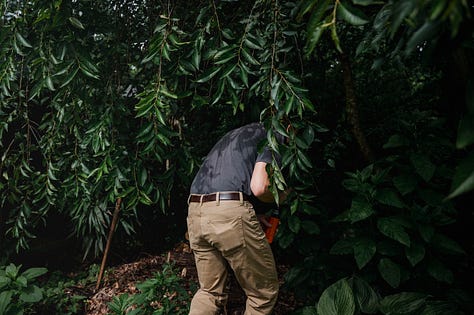
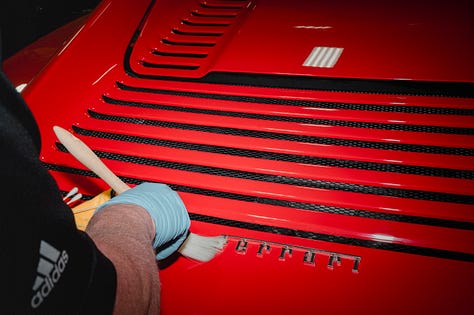
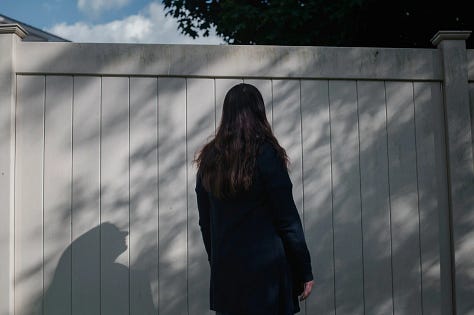
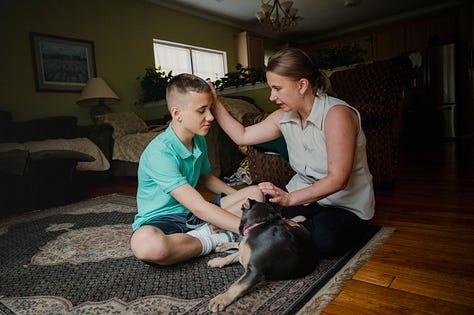
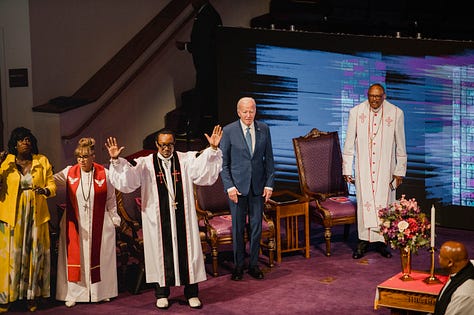
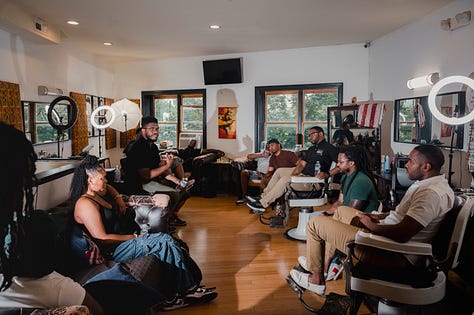
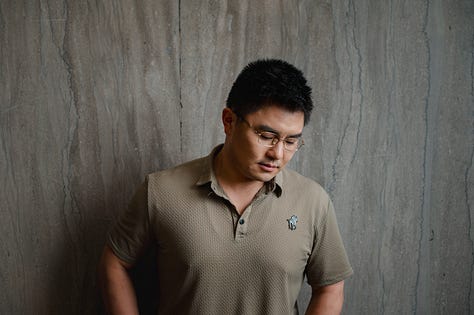
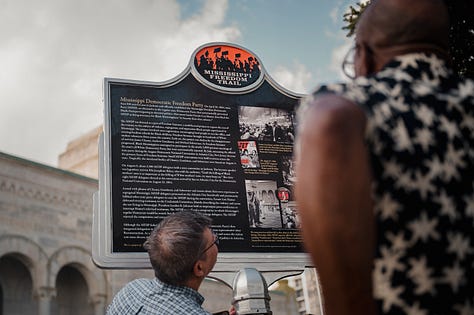
Today.com - What it’s like to have to legally adopt your own biological child
Undark Magazine - A Biologist, a Blog, and a Mosquito Control Dispute
New York Times - Students Target Teachers in Group TikTok Attack, Shaking Their School
New York Times - The Art of Making a Classic Car Ready for Its Close-up
New York Times - Promised Cures, Tainted Cells: How Cord Blood Banks Mislead Parents
Politico - Biden turns to Pennsylvania to try to save his campaign
New Yorker - Will Black Men Turn Out for Kamala Harris
Wall Street Journal - How Bank of America Ignores Its Own Rules Meant to Prevent Dangerous Workloads
New York Times - Mississippi’s Freedom Trail Will Now Extend All the Way to New Jersey
Other updates…
In October, I’m joining the National Geographic Society’s Photo Camp in Indianapolis, Indiana as a team leader where I will be a teaching assistant to group of youth who will learn about photography.
Also at the end of October, I’ll be a speaker for the NPPA’s Women in Visual Journalism conference in Dallas.
Links, podcasts, blogs ✨✨✨
This episode of the Hidden Brain Podcast and the case for humility and how it helps in the long run was a helpful one for me
Fascinating read by Jia Tolentino in the New Yorker about the tweens of Gen Alpha and their obsession with skincare, Sephora and beauty.
An inside look at the DNC with quirky and weird photos by Natalie Keyssar for the New Yorker
Christina Chung shares about her thoughts on the cyclical nature of self-doubt
A journey towards self-actualization with words from Elizabeth Gilbert
Finallllly reading Demon Copperhead by Barbara Kingsolver, thanks to Rachel Wisniewski for sharing her copy!
✨✨✨ Until next time!

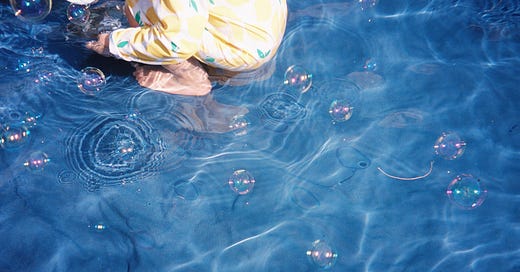




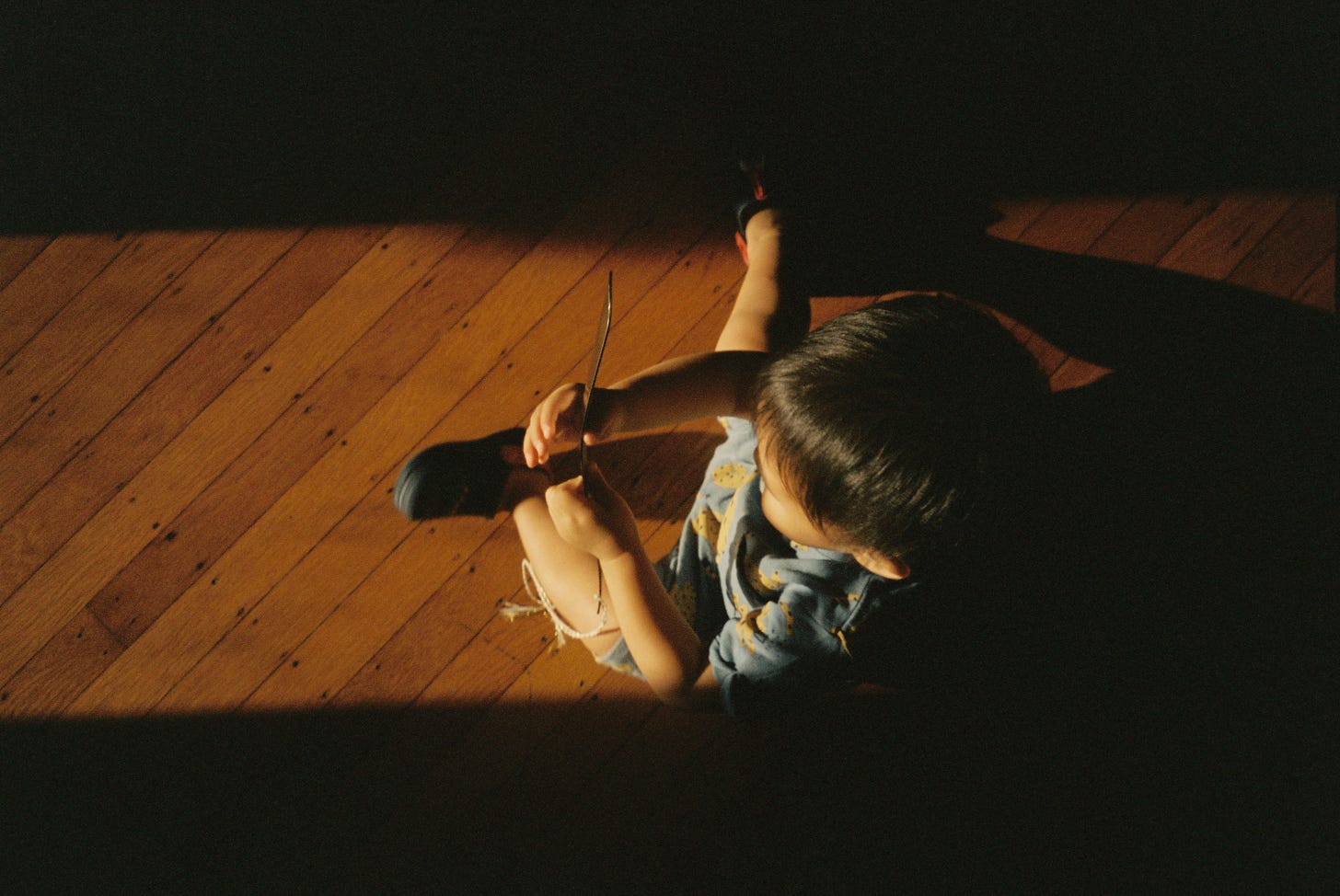
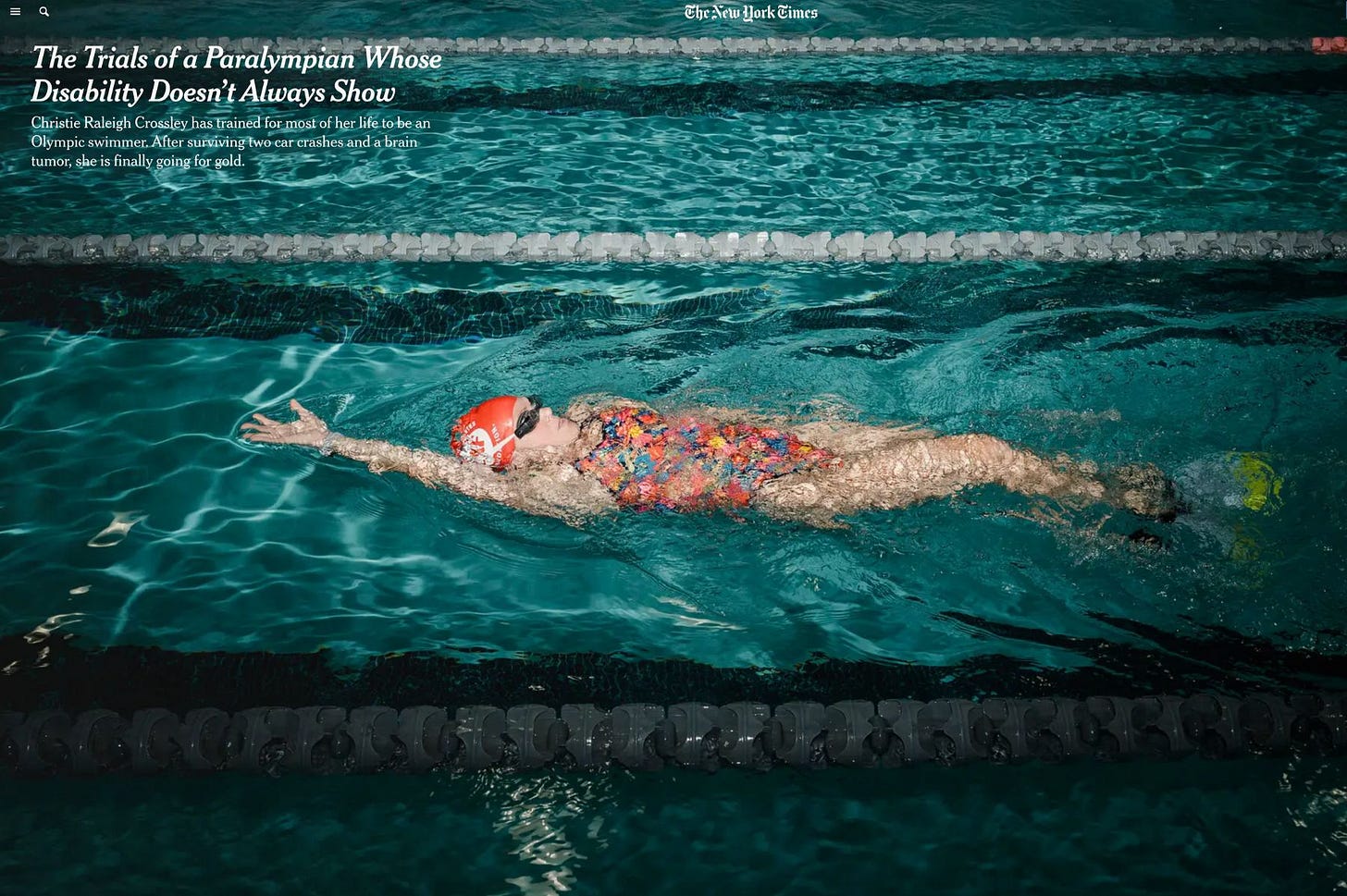
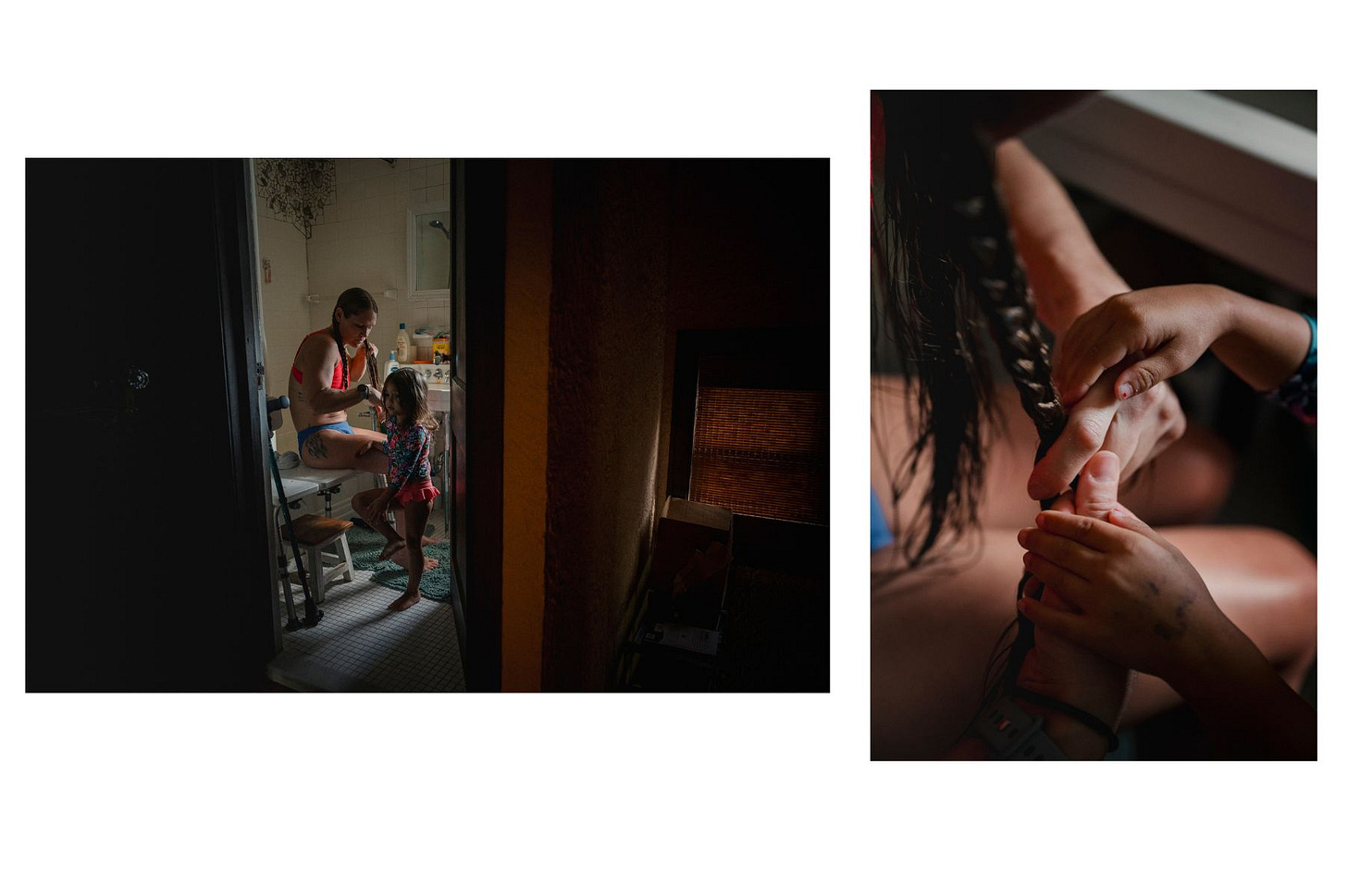

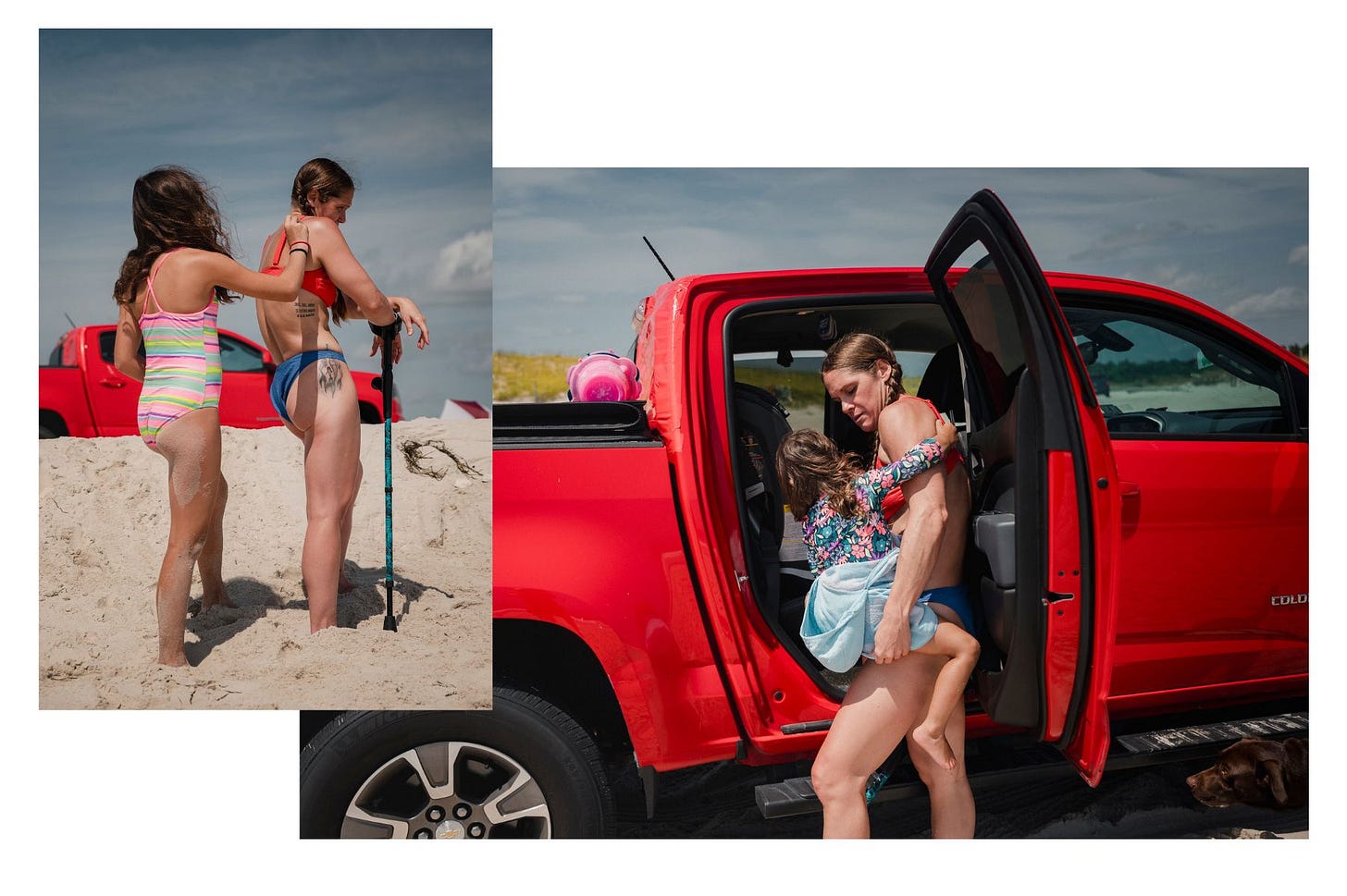



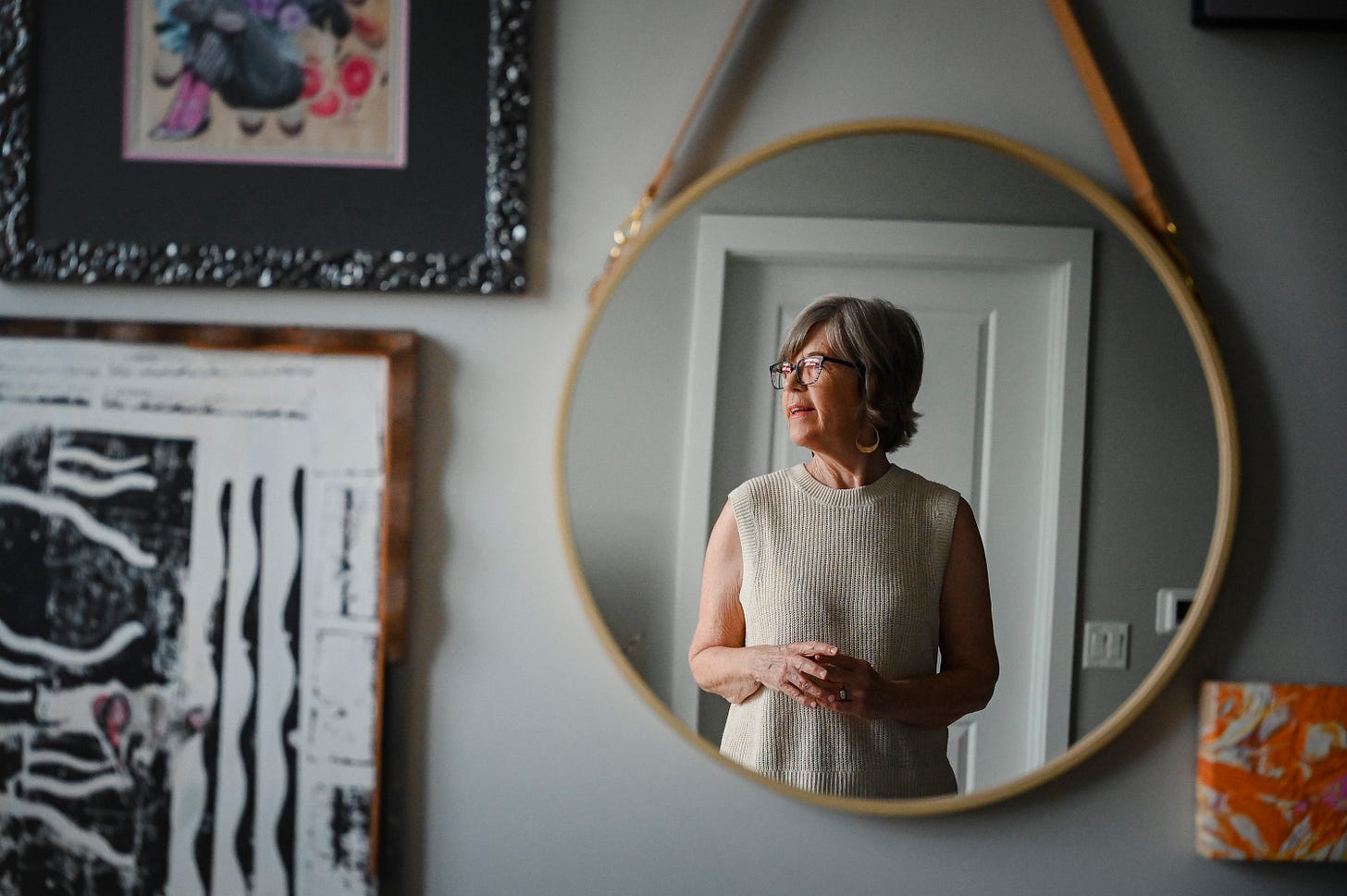
“The high from these things can last for a day, if even, or maybe a few minutes. But I’m looking for more internal stability even if the external is unpredictable.”
🎯🫶🏽
this is such a beautiful post. thank you for your honesty and vulnerability!